The Minister for Food and Agriculture, Dr Owusu Afriyie Akoto has expressed confidence that the controversial e-levy will be passed to generate revenue for the government to address the ever-increasing demands of the Ghanaian people.
He said this in an interview on the Citi Breakfast Show with Bernard Avle on Wednesday, March 2022.
…absolutely be passed and it will be good for the people of this country to bring a lo of people outside the tax net into the net which is where any modern state should be that only 13% of Ghanaian taxpayers are paying tax is something which totally untenable, the minister said.
According to him, the rising cost of living has made the e-levy a necessity because it is an internal source of revenue that ensures that every Ghanaian contribute to the national coffers.
It is a very noble venture that should be praised rather than be condemned he urged.
READ ALSO: Divorcing Bill Gates was the ‘lowest moment’ in my life - Melinda says
The e-levy Bill which has been in parliament since last year seeks to impose a 1.75% tax on all electronic transactions, from which the government expects to raise about 6.9 billion Ghana Cedis internally as all external sources of revenue appear to be unavailable due to weak economic indicators and several negative ratings by international rating agencies.
However, it has received fierce opposition from the majority of Ghanaians, including analysts who have argued that it will worsen the plight of already suffering Ghanaians.
The majority and minority caucus in parliament have also been sharply divided on the bill since it was introduced into the house by the Finance Minister as part of the 2022 budget last year. Lawmakers got physical with one another, leading to the injuries of some of them as a result of the e-levy-related proceedings.
But the Agric minister is confident that the e-levy Bill will definitely be passed despite the nationwide opposition to enable the government to raise revenue for development projects such as road construction, extension of water and electricity to other parts of the country, and so on.


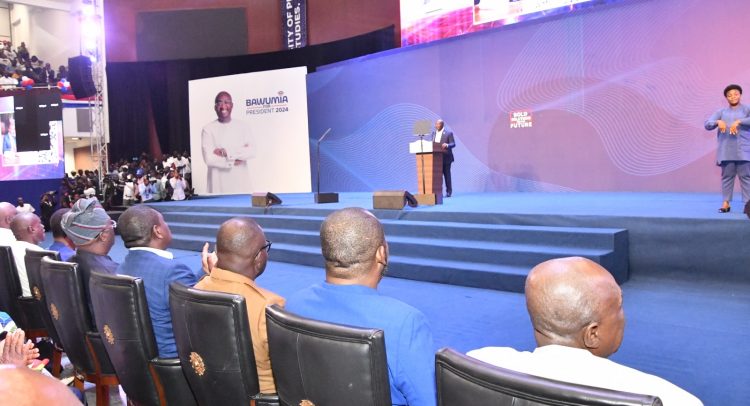
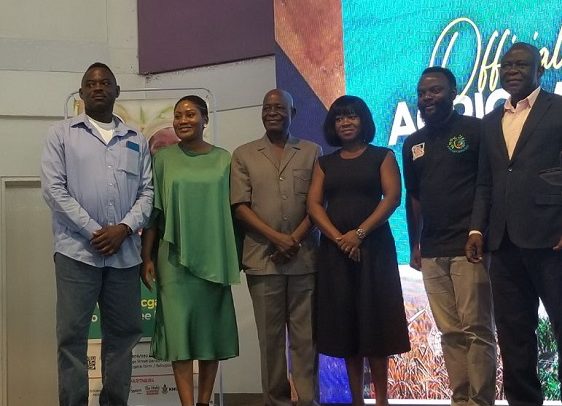

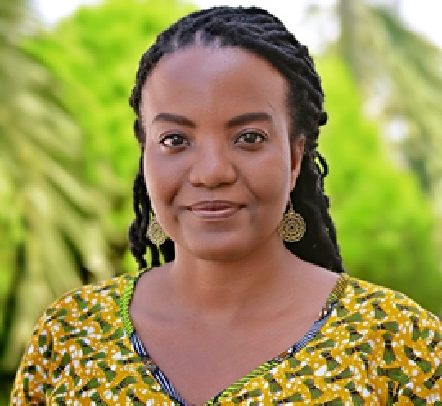
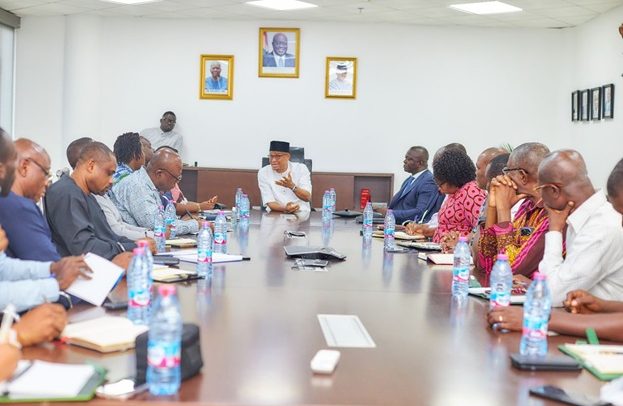

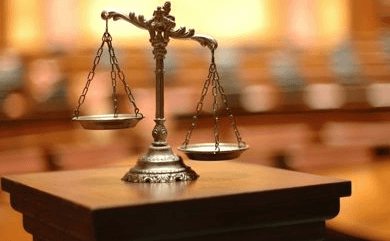


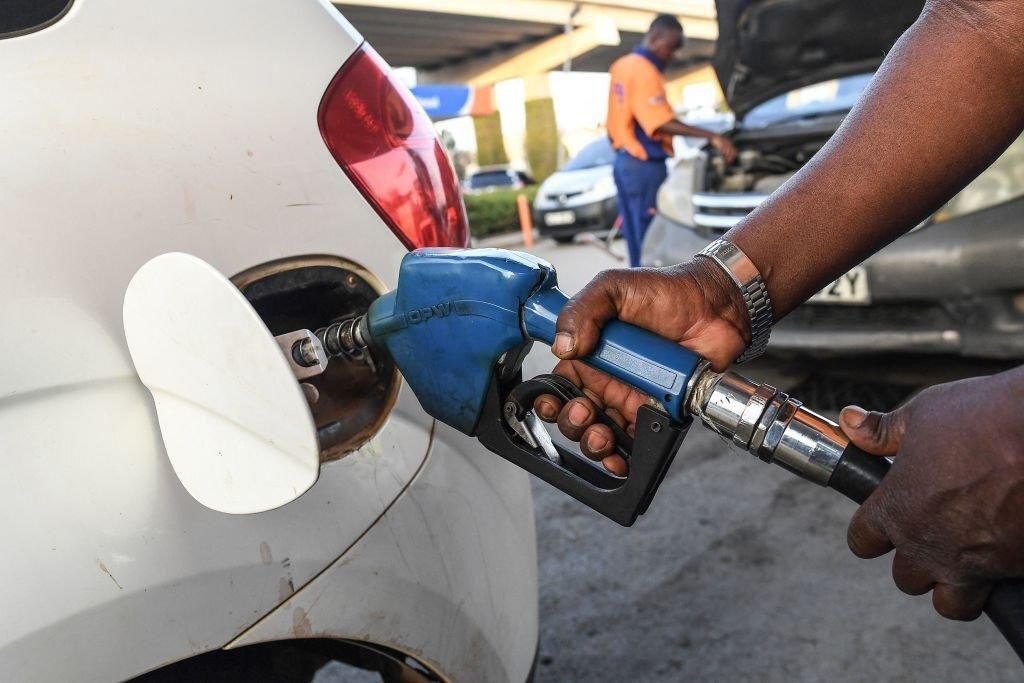

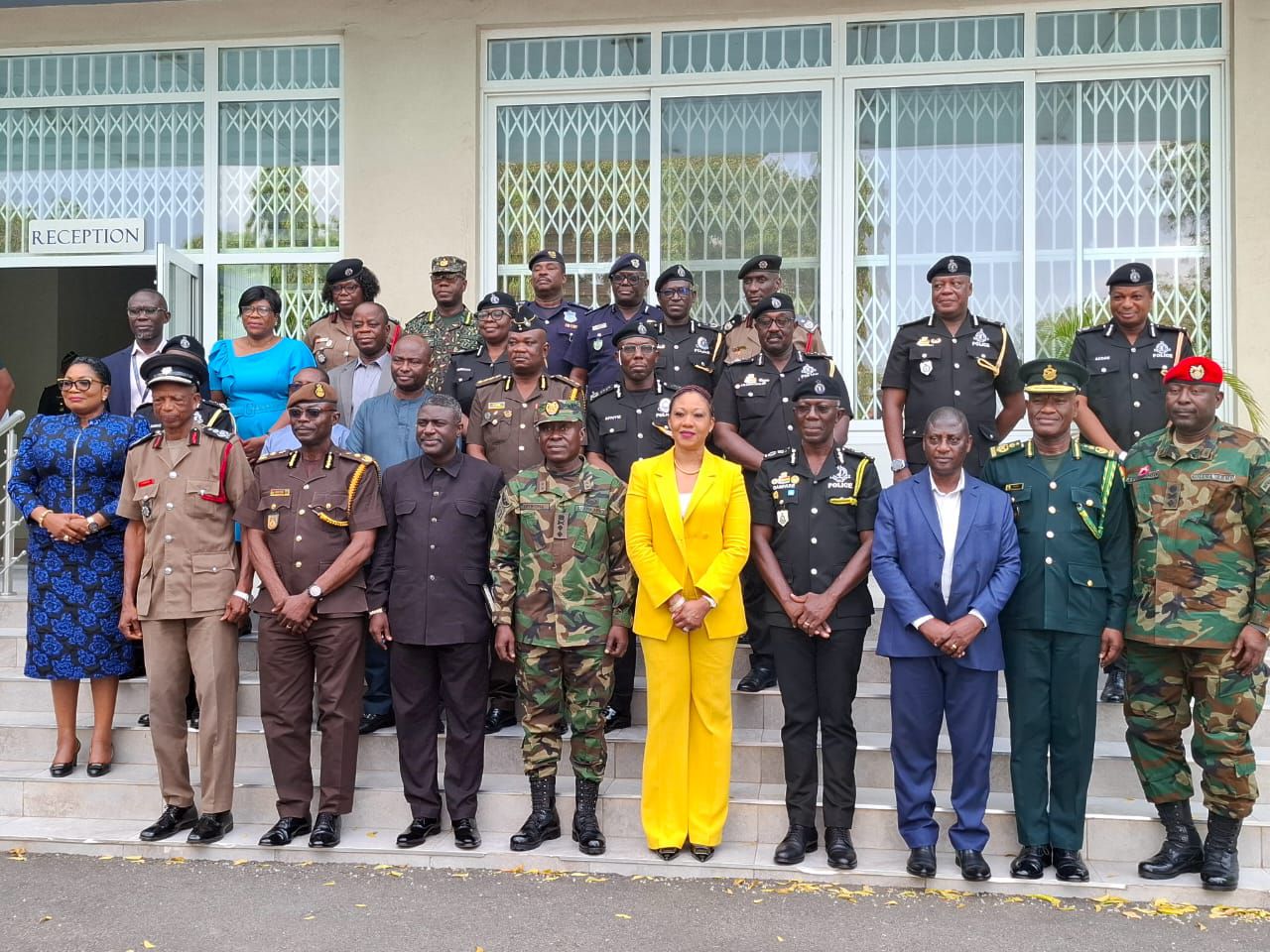

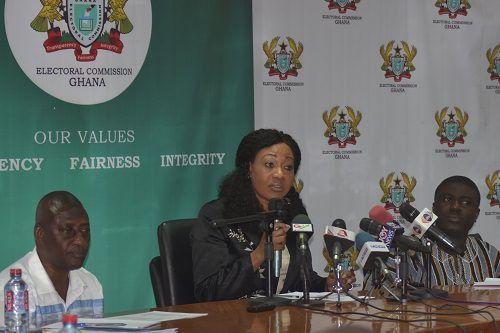




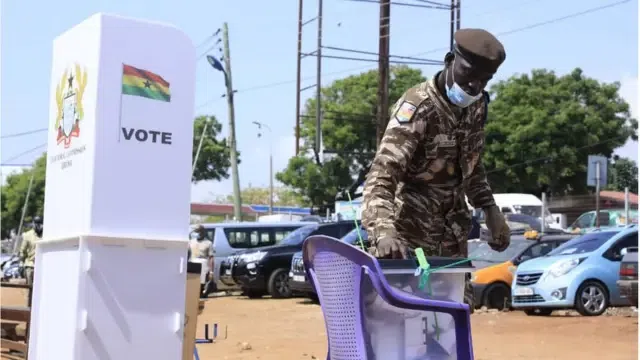
Facebook
Twitter
Pinterest
Instagram
Google+
YouTube
LinkedIn
RSS